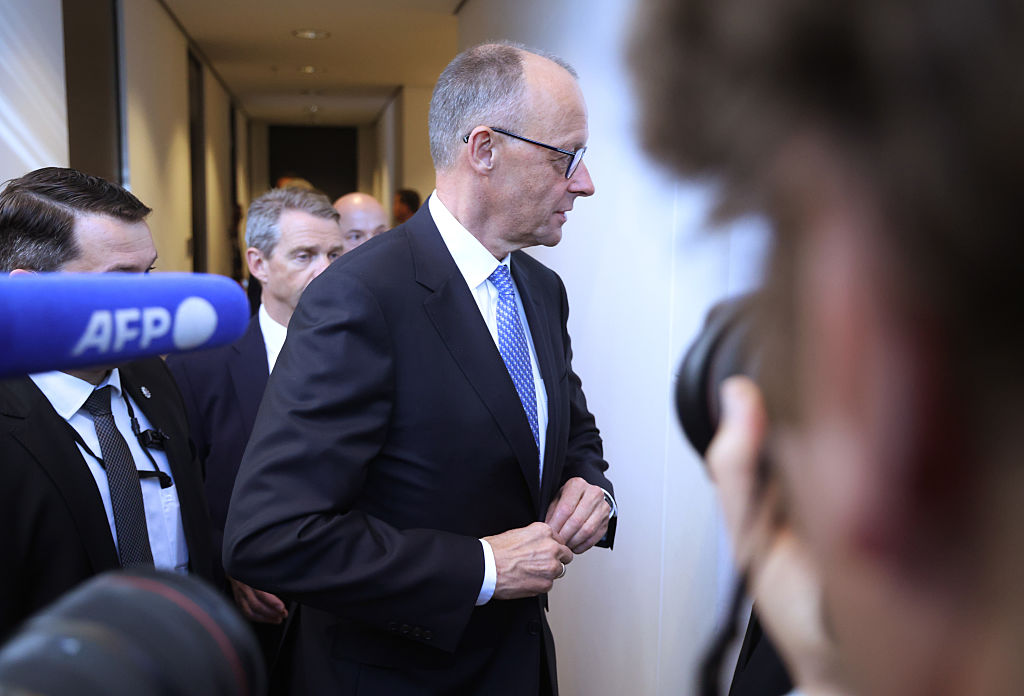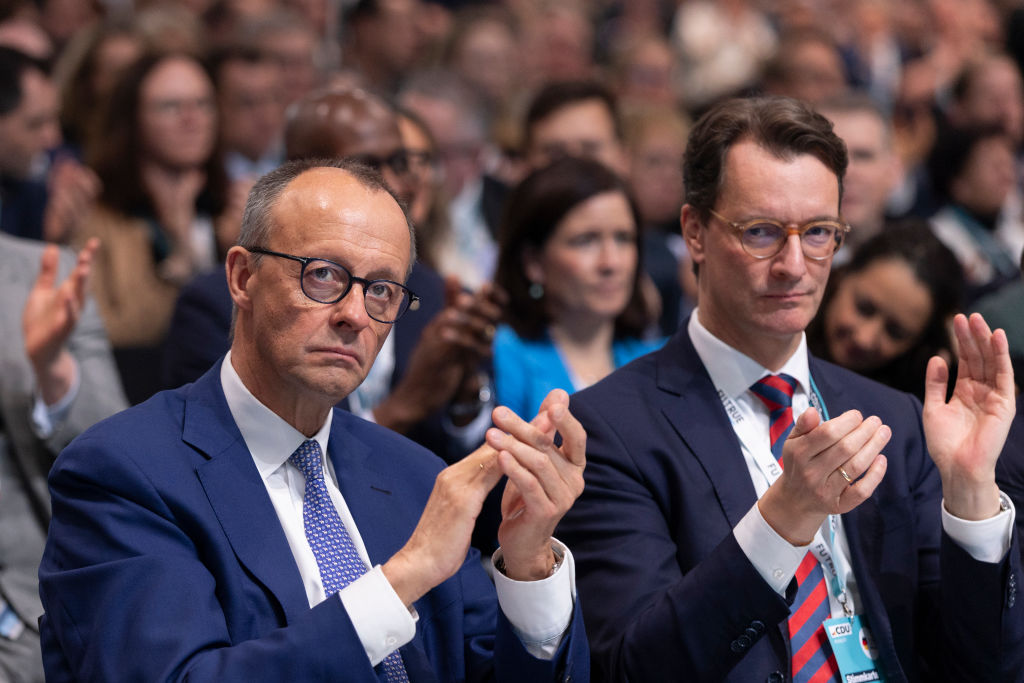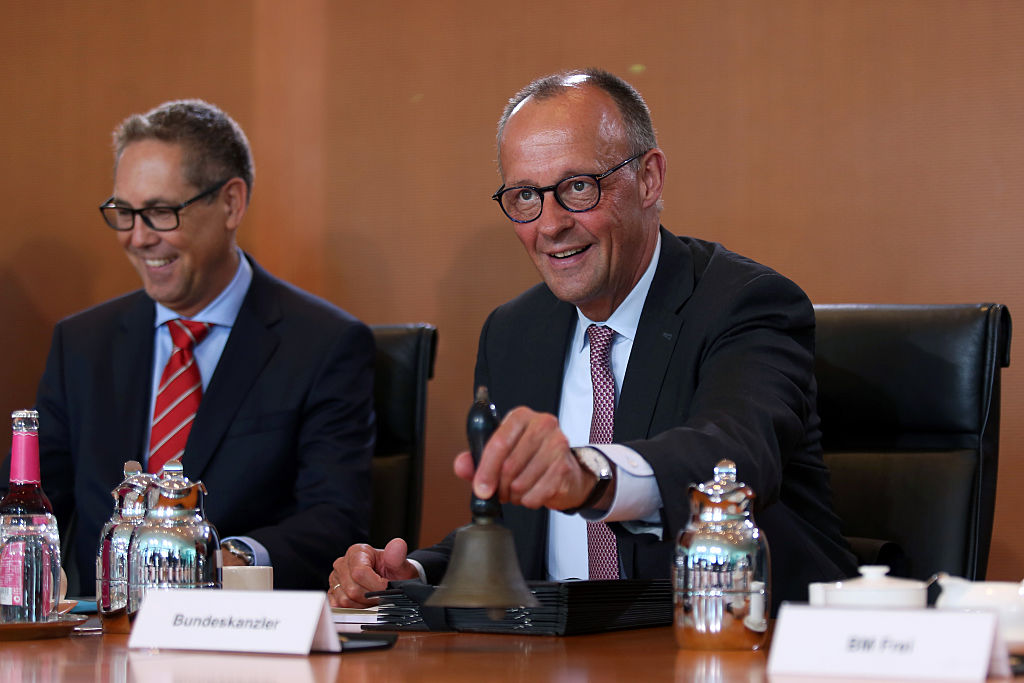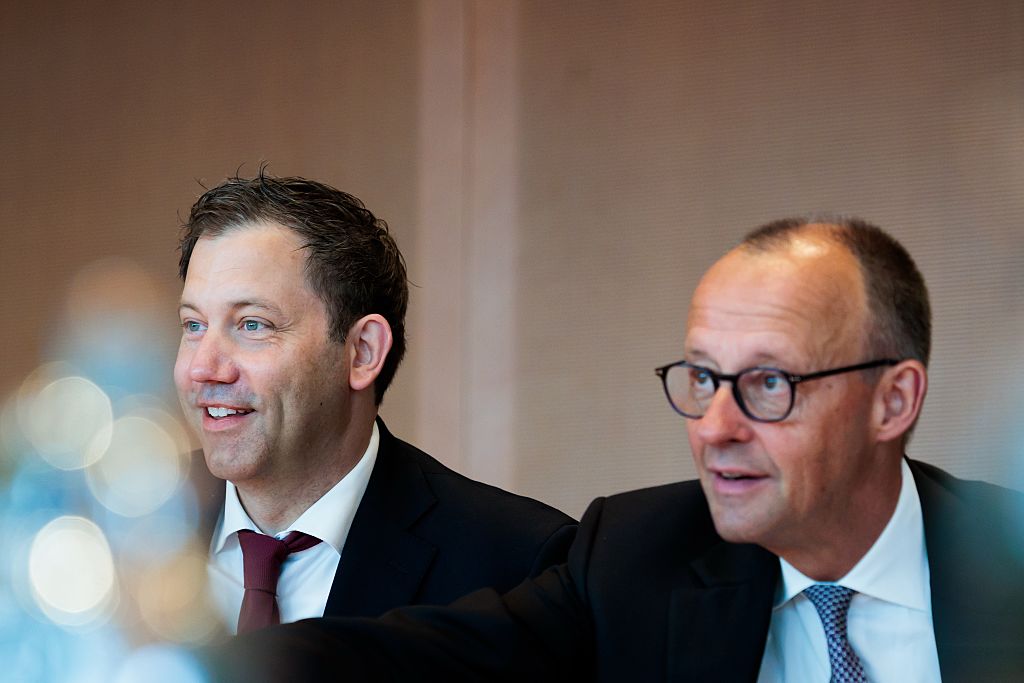Just two months after being sworn in, the German Government coalition under Chancellor Friedrich Merz does not have a majority with voters, according to latest polls.
This was apparently due to the perceived weakness of Merz’s junior partner, the Social Democratic Party (SPD).
In the latest voter survey on July 7 by pollster Insa, only about 14 per cent of respondents would vote for the left-wingers – a loss of two percentage points compared to the February 23 general election.
Merz’ own Conservative Christian Democratic Union party (CDU) was faring better. In the latest polls, the CDU was consistently hitting around 28 per cent – about the result it had at the election.
The main opposition party, the right-wing Alternative for Germany (AfD), was polling around the 24 per cent mark, around three points up from the general election.
The SDP seemed to be gradually fading into oblivion. Only four years ago the party was still polling at about 30 per cent.
Experts attributed the slide to the party’s shift further Left – where it is facing strong competition from The Greens and the left-wing Die Linke party.
Hermann Binkert, founder of Insa, said: “Both these parties have a maximum potential of around 20 per cent of the vote and could even challenge the SPD for third place.”
According to Binkert, the SPD had a better chance to win in more Conservative voter circles and should try to shift its policies more towards the centre.
“In addition to the roughly 15 per cent of SPD voters there are currently another 25 per cent who could at least imagine voting SPD at some point,” Binkert told German magazine Focus on July 6, ahead of the latest survey.
“However, half of them are currently voting CDU.”
The SPD establishment, though, seemed bent on moving the party further Left.
At its party convention in June, current party leader and finance minister Lars Klingbeil – a representative of the SPD’s centrist wing – received only 65 per cent of the delegates’ votes for the party chairmanship, regarded as a poor result.
Meanwhile, his new co-chairwoman Bärbel Bas received 95 per cent. Bas is a representative of the SPD’s left-wing.
Binkert said it may be hard for SPD functionaries to move their party towards the Right, adding: “This is where the party leadership would be called upon.
“After all, politics should also be geared towards the voters and not just towards one’s own members.”





